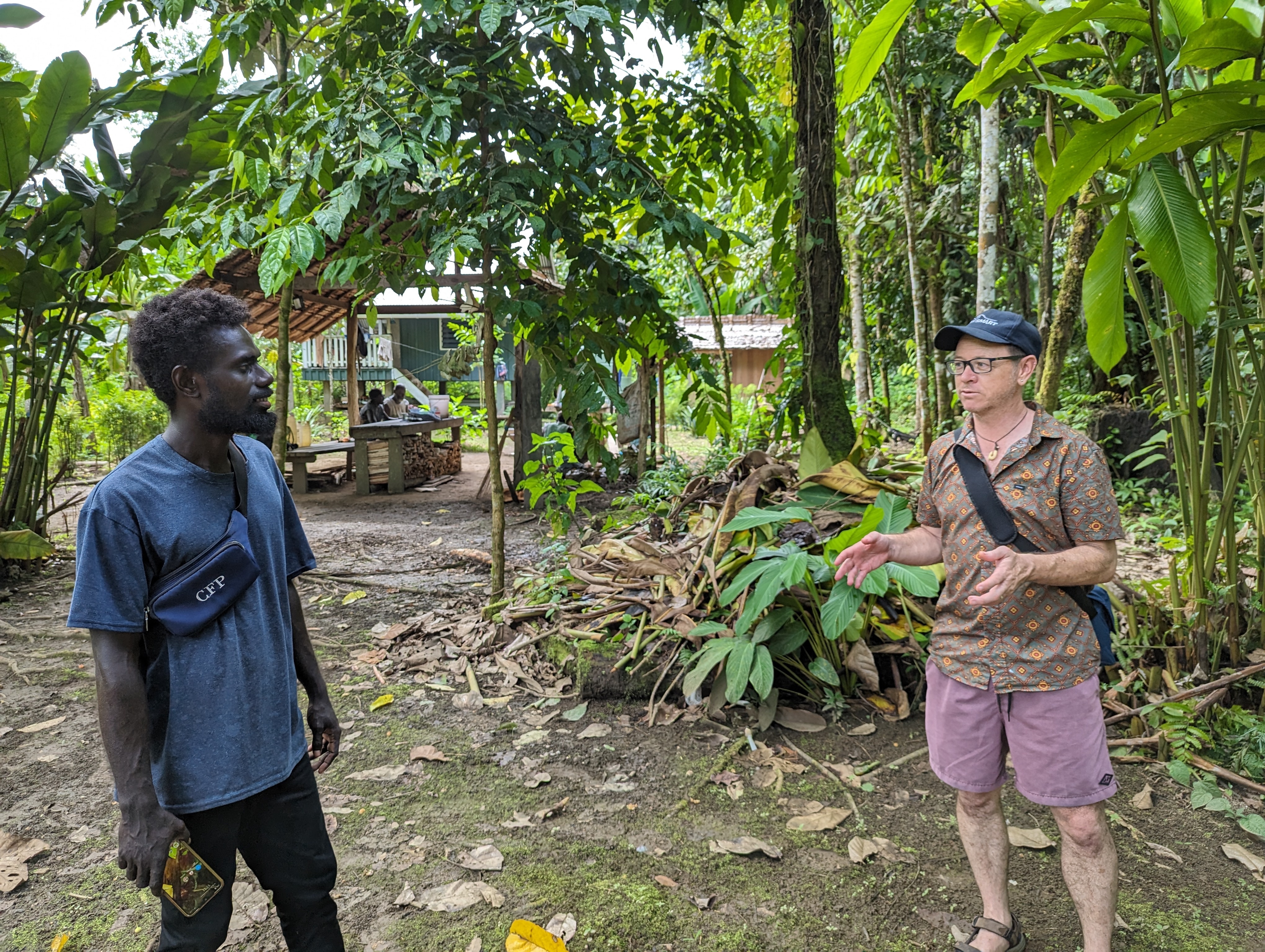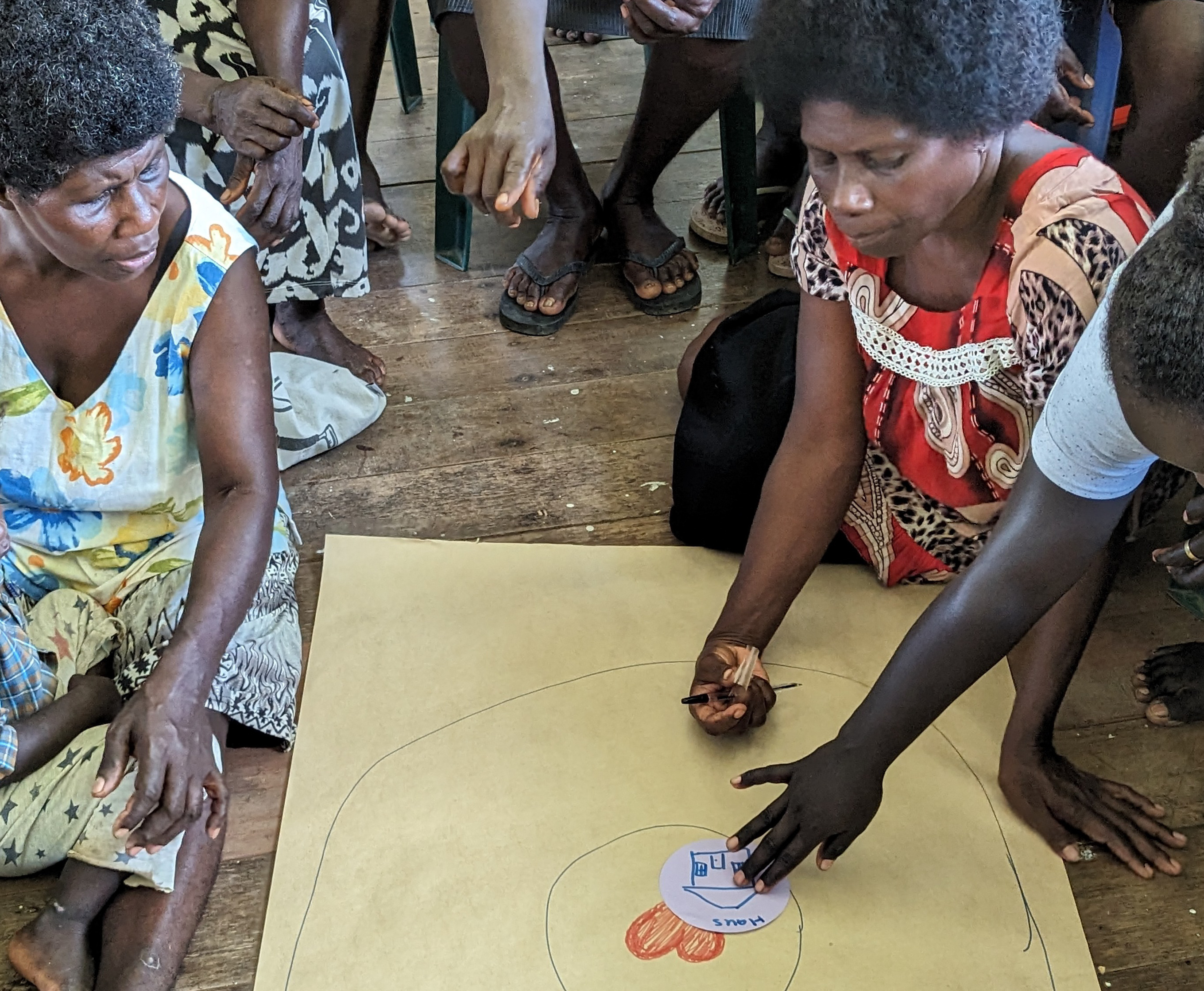Year after year, the motivations behind Nakau's work come down to protecting forests, supporting people and tackling the urgent problem of climate damage, as our CEO Robbie Henderson reflects:
It is sobering news that the past eight years have been the warmest on record. Our collective efforts to tackle climate change have never been more urgent, and over the past 12 months Nakau — along with our partners — have continued to increase efforts to deliver solutions.
Thankfully the debate has moved beyond if climate change is happening and is focused on how we should respond. When considering the best solutions, it’s worth taking a step back and reminding ourselves why climate change is a problem. The challenge manifests in the impacts on people and how our health, access to food and the natural ecosystems we value and rely on are affected.
Climate solutions should provide benefits, strengthen resilience and do no further harm to the same things we seek to protect.
Nakau’s approach can be described as a nature-based solution. We actively offer Indigenous customary landowners the tools and support to secure land and resource rights, protect and restore natural ecosystems, and participate in a global environmental market. Our approach also ensures benefits generated from these efforts are reinvested by landowners to sustain livelihoods and overall wellbeing.

At times the effectiveness of nature-based solutions and a market-based approach has been questioned. Specifically, the integrity of carbon offsets and whether communities truly benefit. This is healthy and welcomed because scrutiny — when grounded in evidence — leads to improvements and greater effectiveness.
Our team at Nakau are deeply committed to doing this work well, and we reflect on our practice and evaluate our impact. Our finding is that the answers to questions of offset integrity and community benefit depend on the design of programs and the systems that support them.
We believe Nakau’s work is highly effective and more important than ever as an example of how carbon projects produce genuine benefits for Indigenous communities. We also observe carbon markets and global standards responding in positive ways to scrutiny.

In the past year, Nakau has seamlessly transitioned to the higher-integrity standards now required under Plan Vivo Climate, and which has achieved accreditation with the International Carbon Reduction and Offset Alliance. The forests we help people protect are very clearly threatened and emissions reductions are genuine.
While logging threats vary from location to location, the fact remains that more than 420 million hectares of forests were destroyed between 1990 and 2020. More than 90% of this occurred in tropical countries, along with associated emissions and depletion of natural carbon sinks. (source IPCC Report)
Nakau employs a participatory co-design process in developing projects with communities, and ensures the customary landowners remain the carbon-rights holders. Our role is to provide the methodologies and services that help landowners realise their own projects. This approach of deeply respecting and allowing communities to determine how they participate is paying dividends.
Read more about our recent work in our 2023 Annual Report.
